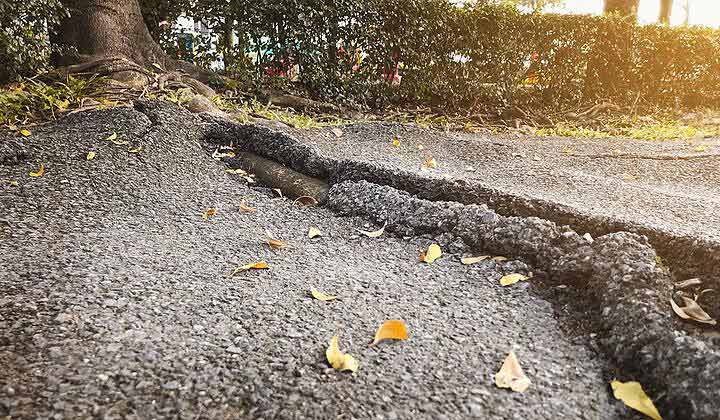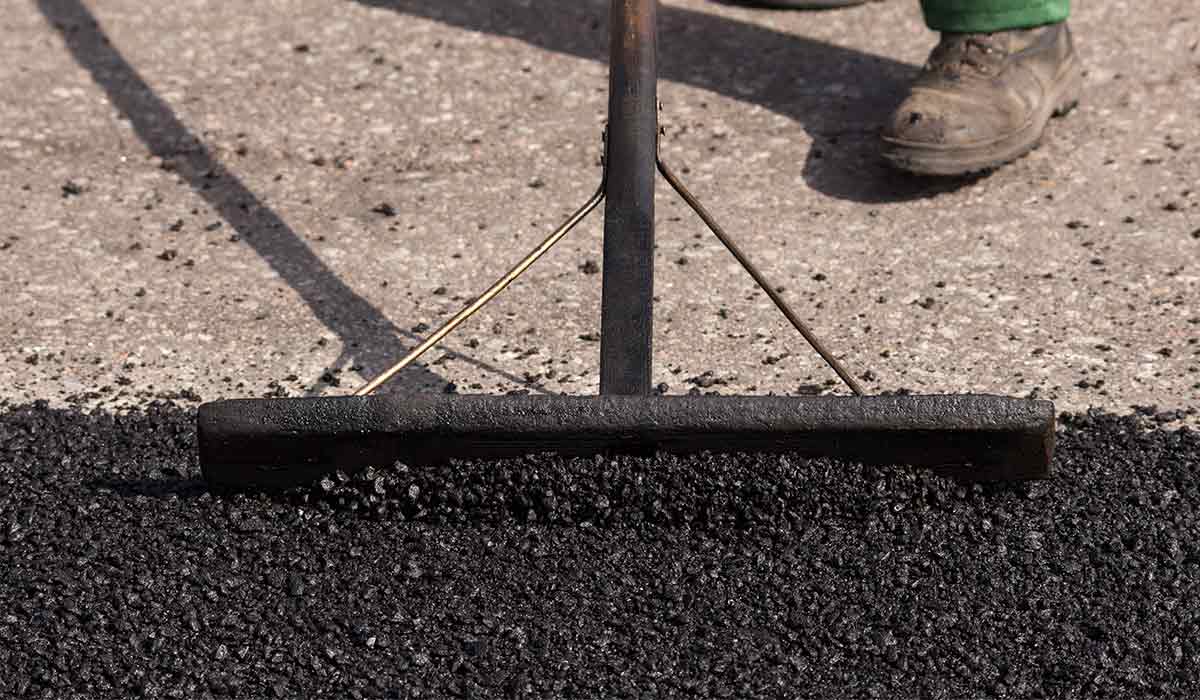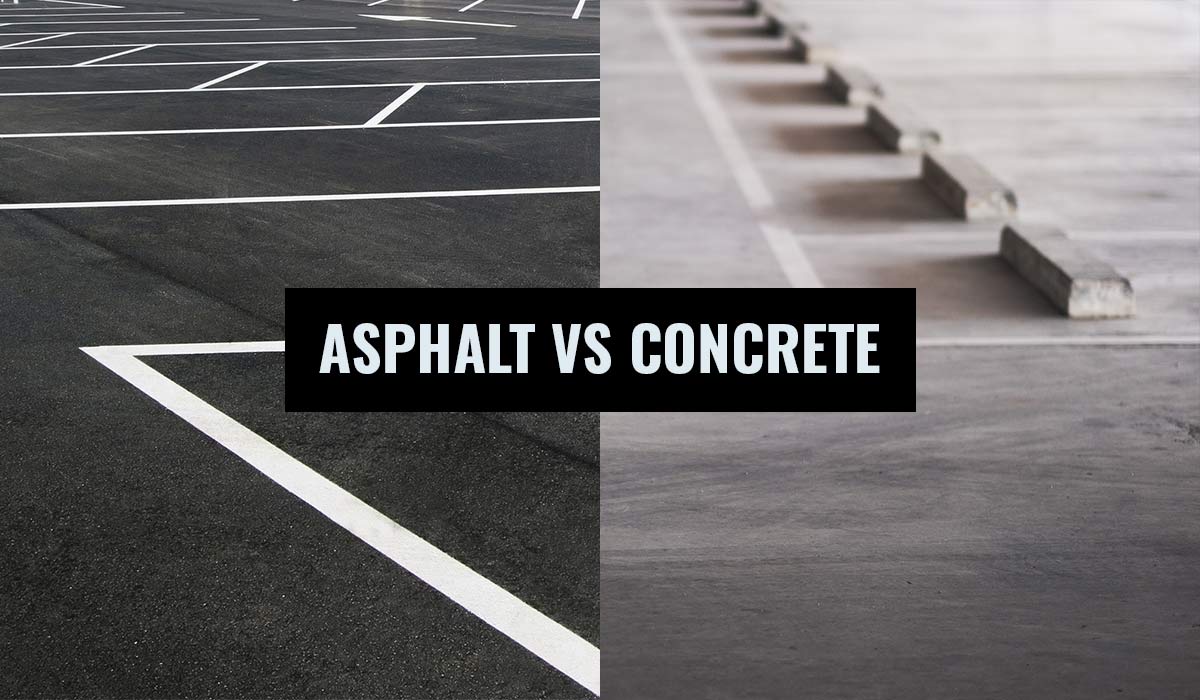Sealcoating asphalt is an investment; however, many people are unclear on exactly why sealcoating matters so much. When you sealcoat your driveway or parking lot every three years, you’re fighting asphalt deterioration and delaying replacement.
What Harms Your Asphalt
Sun
The sun is the original source of problems in asphalt. The sun cooks the oils out of every asphalt surface it touches. These oils are what make asphalt flexible. Without the flexibility, the asphalt cannot adjust when the foundation shifts or when vehicle weight is added.
Earth Shifts
Depending on where you work, there may be more earth shifting than in other locations. This force doesn’t refer to big events like earthquakes. Every soil has a degree of shifting, and the parking lot foundation cannot always compensate for it.
That leads to the asphalt needing to flex, or it will crack. If the sun has baked out all the oils, there is no flexibility. This is where most of the troublesome cracks come from.
Water
Once little cracks form in an asphalt surface, water enters the equation. Water seeps through the cracks and erodes the foundation underneath the asphalt. This change leads to inadequate support for the asphalt, and it collapses under its own weight.
If you live in a place where it freezes routinely, you must also contend with freezing and thawing. When water freezes, it expands. If it does this in an asphalt crack, it forces the edges of the gap a little further apart. This process hastens erosion.
Traffic
Traffic is another issue with asphalt and a big reason for sealcoating. Once there are little cracks in the asphalt, applying more weight puts stress on those cracks. If the foundation has eroded too, then potholes form.
Vehicles driving over potholes only hastens the erosion of the edges. Not only do your customers hate the potholes, but the potholes are also creating more expensive damage for you to repair. That’s not ideal.

The Benefits of Sealcoating Your Asphalt
Limiting Liability
Once cracks and potholes appear, it’s only a matter of time before someone trips in one. While these may seem like small injuries, eventually, someone will attempt to hold you liable in court. That includes damages, which are usually a lot more than the cost of sealcoating.
Less Vehicle Damage
Another factor for why you should sealcoat your asphalt regularly is vehicle damage. You know how much damage hitting a pothole wrong does to your vehicle. Whether it’s a vehicle in your fleet or a customer’s, it’s best to prevent it proactively.
Smooth Surface
While you’re sealcoating asphalt, it’s also easier to complete repairs to the surface. Many asphalt maintenance companies even offer deals with sealcoating, or you can DIY with a little time. Smoothing the surface works better for you and your customers.
Aesthetics
Fresh asphalt is a rich black on account of the oils. Sealcoating your asphalt brings it back to that rich black color. This color looks better than the uneven grey or tan tones that happen as asphalt ages towards needing replacement.
Apart from the color, maintaining asphalt keeps the overall quality. No one wants to look at cracks while they park, nor do your employees want to see them when they look out the window.
Flexibility
The big reason behind why you should sealcoat is in the flexibility of your asphalt surface. Flexibility is necessary for the asphalt and protects it from stress-related damage. Sealcoating asphalt can give it flexibility back.
The Sealcoating Costs
The cost of sealcoating vs. replacing your asphalt speaks for itself. Sealcoating costs between 14 and 30 cents per square foot. Meanwhile, repaving costs between $1.49 and $1.69 per square foot. Both prices are location-dependent and do not cover the extras like re-striping the parking lines.

Then there’s the longevity benefit. Studies show asphalt without sealcoating makes it an average of 12 years. Meanwhile, an asphalt surface that’s sealcoated regularly can go up to 36 years. It’s worth the hassle simply not to have to repave and lose business hours.
Sealcoating asphalt provides both direct and indirect financial benefits. Investing in sealcoating means that you’re protecting the capital you already spent building the parking lot or driveway while ensuring a long life for the surface.







